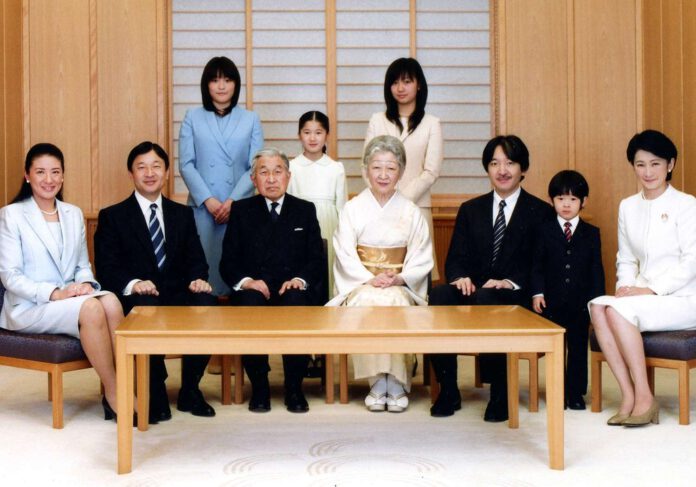
On October 29, 2024, during a meeting in Geneva, Switzerland, the United Nations Committee on the Elimination of Discrimination against Women (CEDAW) urged the Japanese government to amend the Imperial Household Law of 1947 to promote gender equality in the succession to the throne. The call for reform has sparked renewed international attention on Japan’s imperial succession system, which has deep cultural and historical roots. However, CEDAW highlighted that the current male-only succession rules are inconsistent with modern global standards of equality, bringing the issue of gender equality in Japan to the forefront of international discussions.
In response, the Japanese government voiced strong opposition. On October 30, Chief Cabinet Secretary Yoshimasa Hayashi emphasized Japan’s cultural and national traditions, arguing that the recommendations should not be subject to international interference. He reiterated that the male-only succession rule was rooted in tradition and was not discriminatory, further demanding the withdrawal of recommendations related to the imperial succession.
This exchange has ignited widespread debate about the imperial succession system and gender equality in Japan. While some scholars and social groups support the UN’s proposals as an opportunity for modernizing the system, conservatives oppose such changes, viewing them as an infringement on Japan’s sovereignty and culture. The debate reveals a clear tension between those advocating for reform and those committed to preserving traditional values.
The Japanese imperial succession system, which has long followed the principle of male-line succession, is facing increasing conflict with modern concepts of gender equality. While Japan’s imperial tradition includes eight female emperors across ten generations, these instances were often viewed as temporary or transitional. Since the Meiji Restoration, the Imperial Household Law has stipulated that only male-line descendants may inherit the throne, emphasizing the purity and continuity of the imperial lineage. For conservatives, this male-only succession is not only a historical tradition but also a sacred practice tied to Shinto beliefs, which hold that male emperors are more aligned with the nation’s spiritual duties and rituals.
However, the growing emphasis on gender equality, particularly among younger generations, challenges this long-standing tradition. Surveys show that more than 80% of the Japanese public support the idea of a female emperor, highlighting a shift in public opinion. The exclusion of women from the succession is increasingly seen as a practical problem, contributing to a declining number of imperial family members and raising concerns about the sustainability of the system. Without reform, the imperial family risks losing its relevance.
This shift is also fueled by the personal and practical challenges facing women in the imperial family. Aiko, Princess Toshi, the emperor’s only daughter, is beloved by the public but cannot ascend to the throne due to gender constraints. Moreover, female members of the royal family are required to leave the family after marriage, further diminishing the imperial lineage. These practices reduce the family’s numbers and increase the pressure on the system’s stability, especially regarding succession and public office, presenting a growing challenge to the imperial family’s future.
Amidst this debate, scholars and reformers have proposed various directions for change. Some suggest amending the Imperial Household Law to allow women to inherit the throne or retain royal status after marriage. Others propose gradually increasing the roles and rights of women within the royal family, ensuring they can continue their duties and retain their status even after marriage. Additionally, some advocate for the establishment of a female Miyaki, where female royals could hold an independent status similar to that of male family members. These proposals aim to modernize the imperial system while respecting Japan’s traditions and addressing the nation’s evolving expectations for equality and sustainability.
The debate over Japan’s imperial succession system highlights a complex intersection of tradition, culture, and modern values. As gender equality continues to gain prominence, reforming the system to allow female emperors is becoming an increasingly pressing issue for Japan’s future.
Source: mainichi, reuters, people



